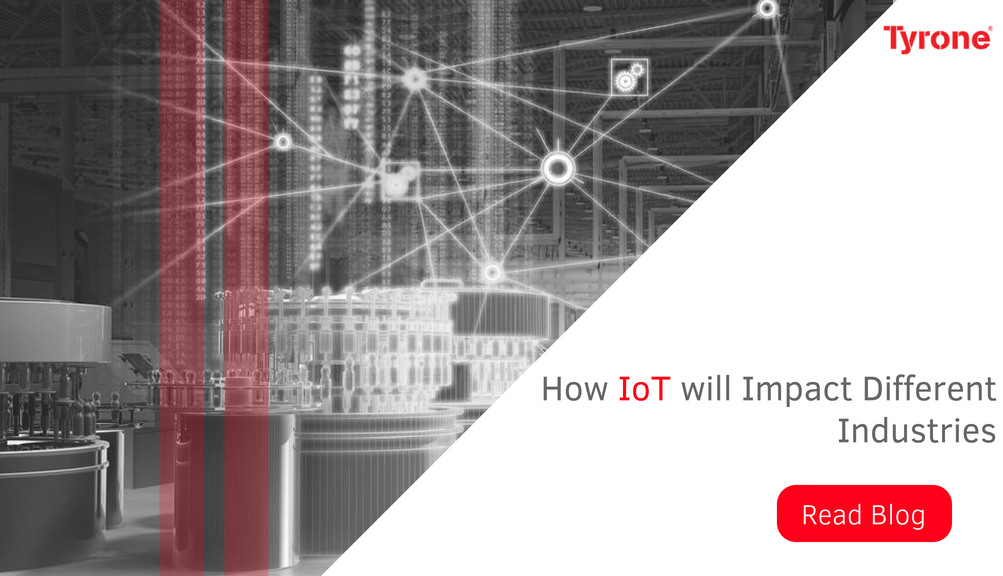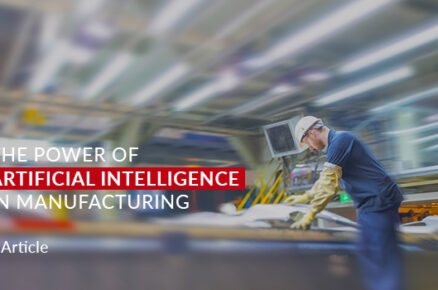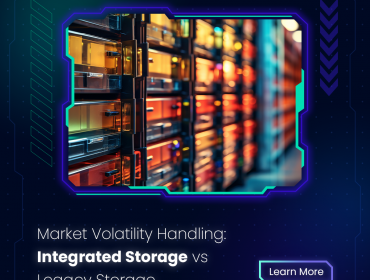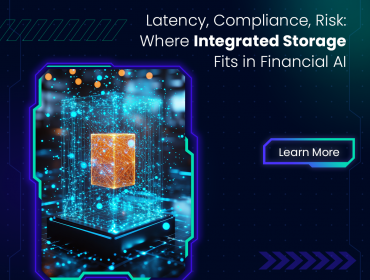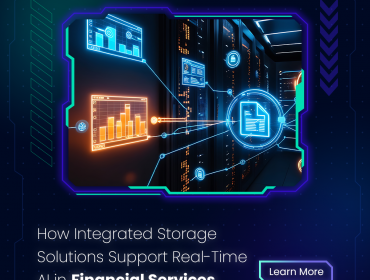From agriculture to retail, the Internet of Things (IoT) is changing how companies in many industries do business. By connecting devices and sensors to the internet, we are entering an age where data analytics, connectivity, and automation are creating innovations and progress previously out of reach. As the Industry 4.0 and home automation movements gain more traction, we will see IoT devices and embedded systems become more and more prevalent in our daily lives. The businesses that understand the use cases and potential of IoT are the businesses that will likely drive innovation over the next 10 years.
In this article, we will review the basics of IoT and then dive into some of the industries being disrupted by the technology.
The IoT market is projected to grow from over $170 billion in 2017 to over $560 billion by 2022 according to MarketsAndMarkets.
Common IoT devices and components include sensors, smart locks, smart lighting, and myriad other embedded systems. Embedded systems are an important part of many IoT applications because these dedicated computing devices allow IoT to efficiently carry out specific tasks (such as turning on a light based on an input signal).
IoT’s Impact on Manufacturing
IoT is one of the driving forces behind the Industry 4.0 movement, as it will enable enhanced automation, data collection, and analytics, in addition to optimizing workflows and processes. With the intelligence enabled by IoT, devices can be programmed to work in unison to produce outputs on an assembly line. It can collect data on the status of the environment and equipment that allows fail-safes and smart technologies to be put in place that allow for proactive maintenance or automated recovery after failures.
Additionally, these devices will be able to exchange data with analytics programs that can improve and iterate workflows and processes on the fly. It is this point that is often overlooked when discussing the impact of IoT on manufacturing. Analytics and the data captured by IoT devices will allow us to make insights and optimizations never before possible. In fact, the idea of a “smart factory” is not just a concept that might be possible in the distant future, but a reality today. According to statistics cited by The Atlantic, 67% of industrial manufacturing companies have an active smart factory initiative.
IoT’s Impact on Agriculture
Farming and agriculture are able to reap significant benefits from IoT technologies.Business Insider took a deep dive on this topic, calling out how internet-connected sensors and smart technologies will enable farmers and agricultural workers to better track crops and livestock, measure data on-farm resources, and allow drones to help survey land. All these advancements come together to create what is known as precision farming. With the demand for food ever-increasing, the advancements made possible by IoT will help our farmers and agricultural workers keep up.
IoT’s Impact on Energy
The utility industry was one of the early adopters of IoT. Smart meters enable more granular recording of energy consumption and allow utility companies to more accurately and efficiently bill customers for consumption.
Additionally, smart meters can help track the amount of energy users of green technologies send back to the grid, allowing them to be credited and helping to incentivize the use of environmentally friendly energy.
Similarly, IoT enabled solar panels and other “green energy” devices can be better monitored and maintained that their “off-the-network” counterparts.
IoT’s Impact on Home Automation and Smart Homes
Advancements in home automation have been some of the most well-known uses for IoT devices in recent years. Personal assistants like Amazon’s Echo and smart devices like the Apple TV and Kikset smart locks are changing the way we live in and interact with our homes.
IoT’s Impact on the Supply Chain
Radio-frequency identification (RFID) is a scanning technology based on a reader and a tag with a microchip. The theory of operation is similar to that of a barcode, but the additional intelligence in RFID allows for individual devices or products to be tracked, as opposed to a single type of product or SKU using barcode technology. Integrating this technology with the Internet of Things will allow businesses to greatly improve the quality and transparency of the supply chain in a number of ways, including:
Conclusion: The flexibility of IoT technology and embedded devices make them useful in a wide variety of applications and environments. By offering businesses an opportunity to increase automation and improve data processing and analytics, IoT is an attractive tool for organizations of all sizes. For these reasons, IoT devices will continue to drive change in a variety of industries over the next decade. As the technology matures and more vendors begin to compete, solutions will become more refined. Businesses that understand the opportunities IoT and embedded devices offer in their sector will be well positioned to benefit.


